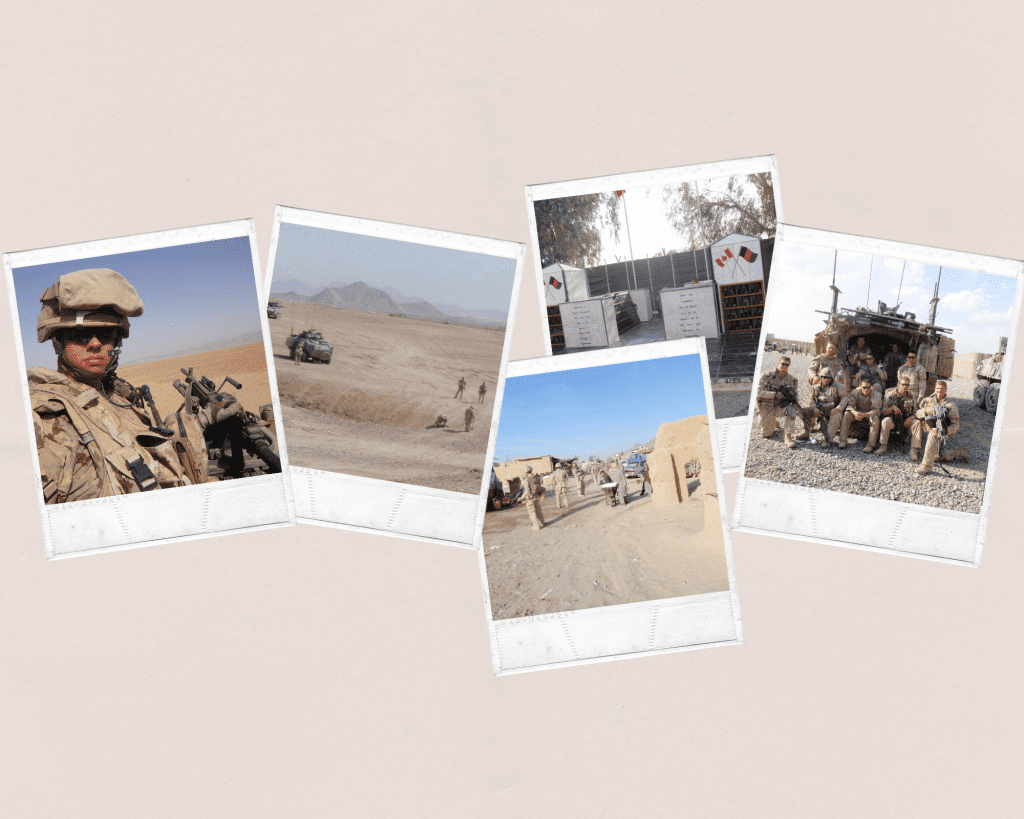- 2024-09-25
- Blog
Why Veteran and Family needs transcend elections and politics

As the eyes of the nation turn towards an anticipated fall election, one of the looming questions on many minds is: How might a potential change in government affect the individual’s area of interest? For those who have put on a uniform in service of this country, it would only be natural for them to wonder how it could impact them.
Yet, this is not something Veterans or their Families should ever find themselves in a position to be concerned about. Politicians irrespective of stripe — and Canadians as a whole — would be well served to be reminded that the needs of those who have once served should transcend politics and election cycles.
The crux of this argument is rooted in the concept of unlimited liability. To a soldier, they understand they may be ordered to or have to order others into harm’s way while performing their duties. While they accept this as part of what they have signed on for, it is important to be aware this is the only profession where they do not have the option to refuse. Implicit in this is the corresponding understanding that upon the transition to post-service life, Canada assumes the responsibility to support these individuals for whatever care needs have amassed as a result of this service.
We often think of this in the context of conflict. However, there are multiple other places where the military serves. It is not only abroad that our military is called to respond. In recent history and within our own borders, when resources run thin due to natural disasters or the pandemic for example, we have called upon the military.
The cost of service? We know the rates of posttraumatic stress disorder (PTSD), depression and suicide among those who have served are alarmingly high. There is a corresponding responsibility to ensure that they then have access to mental health services are robust, accessible and properly funded— regardless of who holds office.
Beyond physical and mental health, Veterans often face challenges reintegrating into post-service life. Employment, housing and Family support systems are all crucial to ensuring a successful transition. This is especially important when we consider the ripple effect that Veteran well-being has on their Families.
A Veteran’s struggle is often a Family’s struggle and their support networks deserve the same unwavering commitment. Families have silently served alongside them. From the emotional toll of deployment to the challenges of caring for loved ones who return with visible and invisible wounds, their struggles are as profound as that of the Veteran themselves. They too deserve sustained support — not just as a token, but as a foundational right.
In some ways, the social contract with Veterans is a reflection of the larger unwritten social agreements we all abide by — simple acts like holding a door open for someone or returning a shopping cart. These small, daily gestures are built on a shared understanding of mutual respect. When it comes to Veterans, this contract obviously carries far more weight.
So, what is my personal contract with someone who put on a uniform and took on this risk for me and millions of others that they did not know, nor will ever know? What is my moral and ethical responsibility? I would argue that it is to ensure that their needs upon returning to Canada never enter the fray of partisan politics. That the needs of their Families, who also serve in their own right, who suffer alongside them, are not neglected.
The concept of unlimited liability requires Canada to assume responsibility for the lifelong care of those who have endured harm on its behalf. This means Veterans should never have to wonder whether a change in government will affect their access to critical resources, whether that be mental health services, housing or employment support. It is a moral imperative that their needs must transcend political affiliations and budget negotiations.
— Fardous
Fardous Hosseiny
President and CEO
Atlas Institute for Veterans and Families
Are you a Veteran or Family member with a story to tell? Get in touch with us and you may be featured on this blog!

